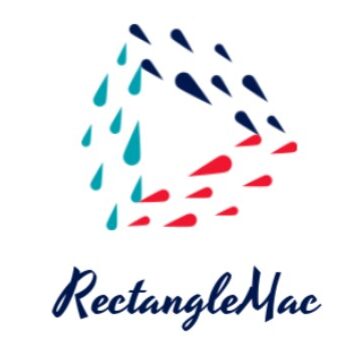The Tech Revolution in Agriculture
The integration of technology in the food industry has revolutionized every stage of the supply chain, starting from the very beginning – the farm. Farmers are now using advanced equipment and machinery to increase efficiency and yield. Drones equipped with sensors and cameras are used to monitor crops, collect data, and identify areas requiring attention. This data allows farmers to make informed decisions related to irrigation, fertilizer application, and pest control, leading to more sustainable farming practices.
Transforming the Production Process
Technology has also transformed the production process in the food industry. Automation and robotics have made it possible to streamline operations, reduce human error, and increase productivity. Automated systems can perform tasks such as sorting, packaging, and quality control with precision and speed. This not only improves efficiency but also ensures the safety and quality of food products.
Improving Food Safety
Technology plays a crucial role in ensuring the safety of our food. With the use of sensors and tracking systems, food manufacturers can monitor the temperature and humidity of perishable goods during transportation and storage. Real-time data helps identify any deviations from recommended conditions and enables quick intervention to prevent spoilage or contamination. Additionally, blockchain technology is being utilized to enhance traceability and transparency in the supply chain, allowing consumers to track the journey of their food from farm to fork.
Enhancing the Dining Experience
The influence of technology goes beyond the production process and extends to the dining experience. Online food delivery platforms and mobile apps have made it convenient for consumers to order food from their favorite restaurants with just a few clicks. Virtual reality (VR) and augmented reality (AR) technologies are being used to create immersive dining experiences, allowing customers to visualize dishes before ordering.
Furthermore, technology has enabled personalization in the food industry. Data analytics and AI algorithms are utilized to analyze customer preferences, dietary restrictions, and food trends. This information is then leveraged to offer personalized recommendations and create tailored menus. Whether it is customized meal plans or personalized restaurant suggestions, technology is enhancing the dining experience for consumers.
The Future of Food Tech
As technology continues to advance at a rapid pace, the food industry is poised for further transformation. Vertical farming, 3D printing of food, and lab-grown meat are just a few examples of the innovations that hold the potential to revolutionize the way we produce and consume food. With the integration of IoT devices, AI, and big data analytics, the food industry is set to become smarter, more efficient, and sustainable.
